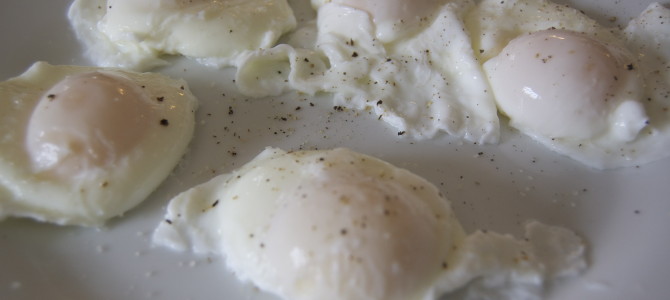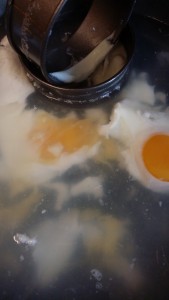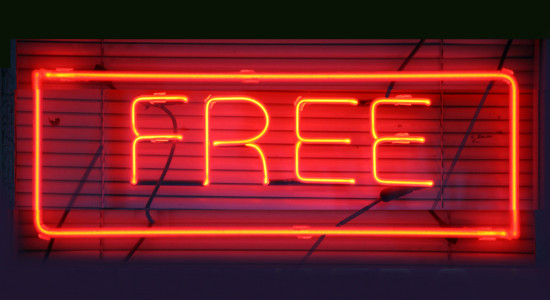You must have heard the analogy before: programming is like giving the computer a recipe to make the program you wish to build. Let me tell you: programming is much, much easier.
We’ve all been there, following ‘a simple recipe’ containing uniquely bonkers metric and imperial measures and mocking vagueness of instructions like “lightly brown”, “rolling boil” or “until the texture of porridge” and we’ve ended up with a horrific mess we’ll just call dinner. It’s edible, sure: but it’s worryingly reminiscent of the result of someone dragging a hot frying pan through an abattoir sluice and then topping it with next door’s food waste recycling served with mayonnaise.
As a direct opposite, if you follow a well written programming guide, you’ll get exactly what they got and learn from mistakes. You can save at various points and in most modern languages you can try something out as you go – essentially you can lick the spoon throughout the process. Programming in a scripting language like PHP, Python or Javascript is very try and see, much better than waiting for Pascal or C compiling back when I learned to code.
I’ve come to believe cooking is a skill you either ‘have’ or ‘have not’. I’m sure I’m able to be taught to cook a certain specific recipe using the tools present in that kitchen; but maybe I’m wired wrong, I cannot cook even though I want to be able to. Maybe it is the subtlety of cookery instructions given – you either understand them a priori and make glorious presentable or you research what was instructed, copy the procedure as described and end up with marginally edible results.
I present the horrifying idiosyncratic world of the poaching eggs method. If anyone ever asks me to poach an egg I will just fry the damn eggs and save the mess, disruption and ridiculousness of the attempt. They’re not that nice, I mean I’d not really pick it in my top three egg cooking methods. However, against my better judgement, this morning I decided on a whim to poach some eggs (results above) and even using a device sold to aid the process I ended up with what I like to call Egg Soup. Bravely, I fished out the larger coagulated masses, served it on some toast and with some salt and pepper. I enjoyed the result; given I was very hungry, but towards the latter part of the consumption process I spied some mould on the crust of the remaining bread, threw the rest away and now have the sneaking suspicion that for the remainder of the day I’ll have psychosomatic stomach discomfort.
So let us consider a recipe for Poached Eggs.
Preparation method
- Fill a small pan just over one third full with cold water and bring it to the boil.
- Add the vinegar and turn down to simmer.
- Crack the eggs one at a time into a small bowl and gently tip into the simmering water.
- Lightly poach for 3-4 minutes.
- Remove with a slotted spoon and drain on kitchen towels.
I immediately have issue with the method: “small pan” – define small; are we talking a shallow frying pan or a small diameter sauce pan? Next instruction – define simmer is that some strange matter changing state the world of science has yet to unlock? Okay, simmer probably means keeping it from bubbling, but still, can we have a temperature to aim for? Instruction 4 is a total peach: lightly poach? As in perform the method I’m trying to achieve as if I didn’t need this guide already? It is at this point I claim shenanigans, like it is some life long joke aimed at mocking my inability in the kitchen and just eat at restaurants or warm up ready meals.
Addendum
Since I posted on Twitter about my poaching inability, I’ve had two people suggest how improve how to cook them:
- boiling hot water and fresh eggs are key
- use the cling film method
I know they mean well, but I’ve tried these (plus adding vinegar, swirling the water etc.) and it’d probably be better if I just have scrambled eggs in the future.


